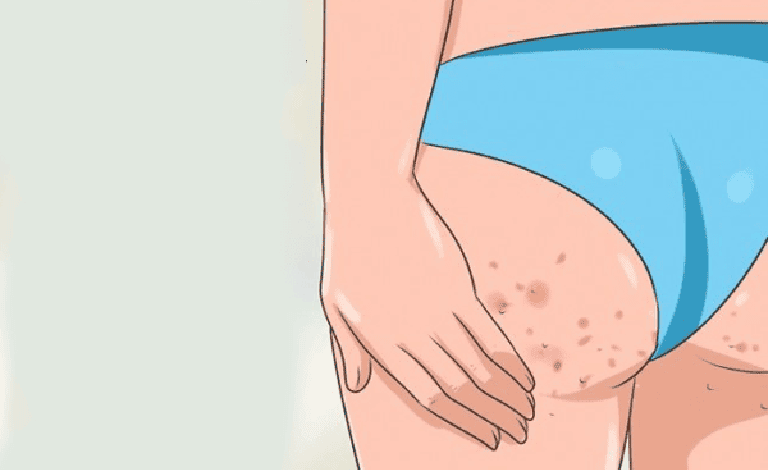Hormonal Changes and KP: Understanding the Connection
The world of beauty and skincare is constantly evolving, but one thing remains consistent: the impact of hormonal changes on our skin. For beauticians, understanding these changes is crucial, especially when dealing with conditions like Keratosis Pilaris (KP). KP, colloquially known as 'chicken skin,' is a common yet often misunderstood skin condition that affects countless individuals. The connection between hormonal fluctuations and KP is intricate, but grasping it can enhance treatment strategies and client satisfaction.
Hormones are powerful chemical messengers that influence almost every aspect of our health, including skin health. During various life stages, such as puberty, pregnancy, and menopause, these hormonal changes can exacerbate skin conditions, including KP. By delving deep into this connection, beauticians can offer more targeted and effective solutions to their clients, enhancing their overall skincare regimens.

What is Keratosis Pilaris?
Keratosis Pilaris is a benign skin condition characterized by small, rough, and sometimes red or brown bumps on the skin. These bumps are often found on the upper arms, thighs, cheeks, or buttocks. While KP is harmless, it can be a cosmetic concern for many, leading them to seek professional advice from beauticians.
The condition arises from a buildup of keratin, a protein that protects the skin from infections and other harmful substances. When keratin forms a plug blocking the opening of hair follicles, it results in the rough patches seen in KP. Understanding this process is crucial for beauticians aiming to provide comprehensive skincare solutions.
Hormonal Changes and Their Impact on KP
As beauticians are aware, hormones play a pivotal role in skin health. During puberty, for instance, the surge in hormones can lead to increased oil production and other skin changes, potentially exacerbating KP. Similarly, pregnancy and menopause bring about significant hormonal changes that can impact KP.
During pregnancy, the body undergoes numerous changes, both physical and hormonal. These changes can sometimes lead to a flare-up of KP. Beauticians can support their clients by recommending gentle skincare products and techniques to manage these symptoms. For more insights, you can refer to Keratosis Pilaris During Pregnancy.
Managing KP Through Lifestyle and Skincare
While hormonal influences on KP cannot be entirely controlled, a tailored skincare routine can help manage its appearance. Beauticians can guide their clients in selecting the right products, emphasizing the importance of regular exfoliation and hydration. Soft, non-abrasive exfoliants can help remove dead skin cells and reduce the appearance of KP.
Additionally, dietary choices can play a role in managing KP. Foods rich in vitamins A and E, omega-3 fatty acids, and antioxidants can support skin health. For more information on this, consider exploring Diet for Keratosis Pilaris Improvement.
The Role of Professional Treatments
Beauticians are in a unique position to offer specialized treatments that can significantly improve KP. Treatments such as chemical peels, microdermabrasion, and laser therapy can be effective in reducing the appearance of KP. These treatments work by removing the outer layer of skin and promoting new skin cell growth.
It's essential for beauticians to stay informed about the latest advancements in skincare treatments to provide the best possible care to their clients. For more insights into specific treatments, you might find Healthline's article on KP helpful.

FAQs on Hormonal Changes and KP
What are the main causes of Keratosis Pilaris?
KP is primarily caused by a buildup of keratin, which blocks hair follicles. Genetic factors and hormonal changes can also contribute to its development.
Can hormonal changes during menopause affect KP?
Yes, menopause brings about significant hormonal changes that can impact the skin, potentially exacerbating conditions like KP.
Are there any specific treatments for KP during pregnancy?
During pregnancy, it's essential to use gentle skincare products and avoid harsh chemicals. Consult with a skincare professional for tailored advice.
In conclusion, the relationship between hormonal changes and KP is complex but understanding it can empower beauticians to offer more effective and personalized skincare solutions. By staying informed and adapting to each client's unique needs, beauticians can significantly enhance their clients' skin health and confidence.

